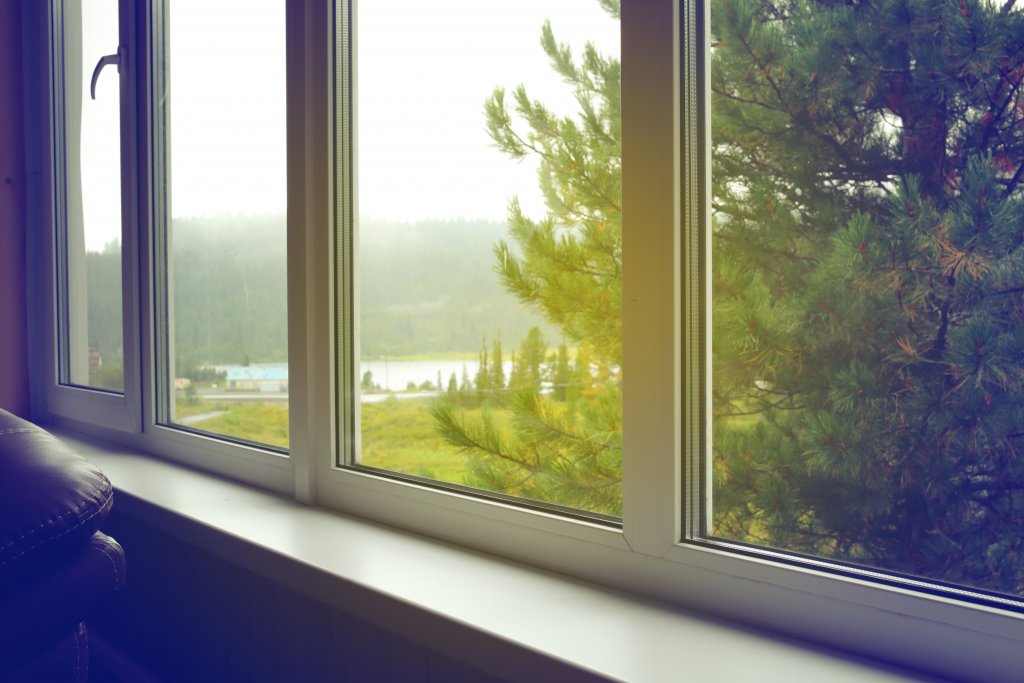The lifespan of your double glazing will depend on a number of factors. Some double glazing might get around 50 years of use, whereas others may not last even half that. Because of the variation, it’s important to recognise when your double-glazed windows are starting to fail so that you can replace them.
In this article, we explore the factors that will affect how long your double glazing will last and explain how you can tell when your double glazing is failing.

So how long will my double glazing last?
The technology in modern double glazing has come a long way. Advancements in thermal performance and other elements have significantly improved resilience and increased the lifespan. As a result, double-glazed windows typically last around 20 years, though this may increase or decrease depending on the following variables:
Location
Are your windows sheltered or exposed? Double glazing exposed to heavy windows and torrential rain will wear over time more quickly than if it were sheltered. If you live in a coastal area, the acidic saltwater may also degrade your windows more quickly.
Manufacturing quality
Not all double glazing is created equal. Make sure you purchase your double glazing from a reputable manufacturer.
Installation quality
Your windows should be sealed perfectly in the opening without any gaps. Poorly fitted windows will allow water to seep through, causing damp, rust and mould problems.
How can I tell if my double glazing is failing?
Be on the lookout for any signs that your double glazing is reaching its end.
There is condensation between the panes of glass
Condensation will occur when the seal between the two panes of glass has failed. When your double glazing is no longer sealed, the inert gas that sits between the two panes will seep out and get replaced with moist air. In addition to causing condensation, a failed seal will render the double glazing virtually useless, as it will lose the ability to retain heat and block out sound.
There is a draught coming from the windows
This is another symptom of a failed window seal. A new draught coming from your windows would indicate that the window is no longer sealed.
There is significant damage to the windows
While all things will show general wear and tear over time, significant areas of rot or large cracks will indicate that your windows are coming to the end of their lifespan. It’s important you replace these windows sooner rather than later to prevent mould from forming.
Your furniture is fading
Double-glazed windows are equipped with UV-protection. If the double glazing starts to fail, your furniture will be exposed to UV and may begin fading as a result. Faded furniture can lose its appeal and value. If you notice your furniture starting to fade, we recommend replacing your double glazing as soon as possible.
The window is struggling to open or close
Moisture that has seeped in from a broken seal may start to rust the components of the window. This may make the window more difficult to open or close.
Should I replace my double glazing?
If you notice any signs that your double glazing is failing, you should seek to replace it as soon as you can. The longer you leave it, the worse it will become. As more moisture finds its way into your home, you may find that mould begins to spawn. This can have serious repercussions for your health.
Your best course of action is to purchase new double glazing from a reputable supplier. At Bridgewater Glass, we’ve been supplying and installing glass for over 75 years. As double glazing specialists, we tailor our products to your needs. So whether you need double-glazed windows or double-glazed doors, we can provide the design and installation that’s perfect for your home.
Contact our team today for your free quote.

